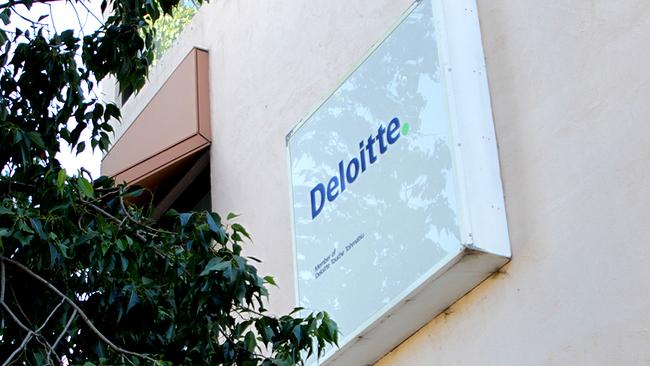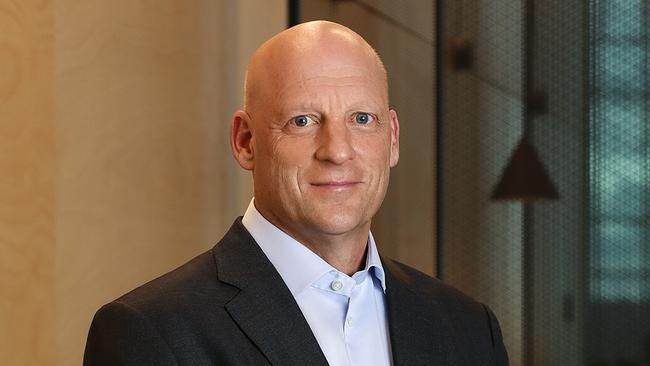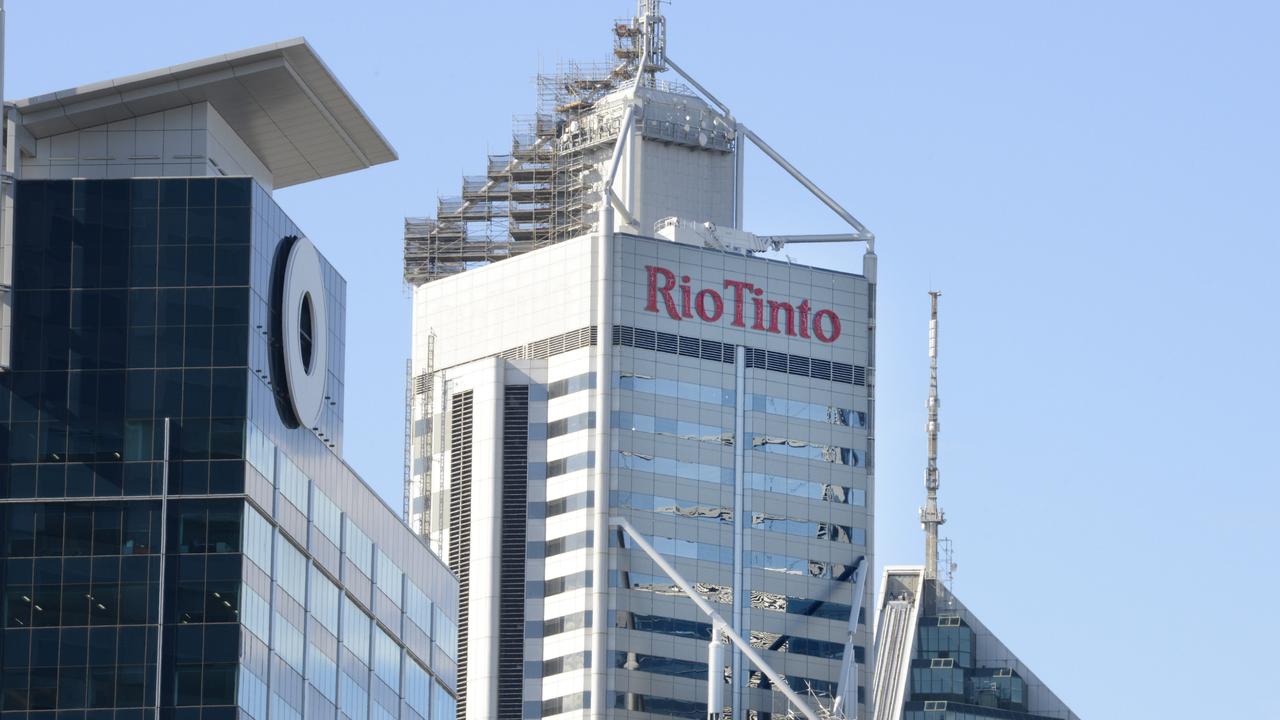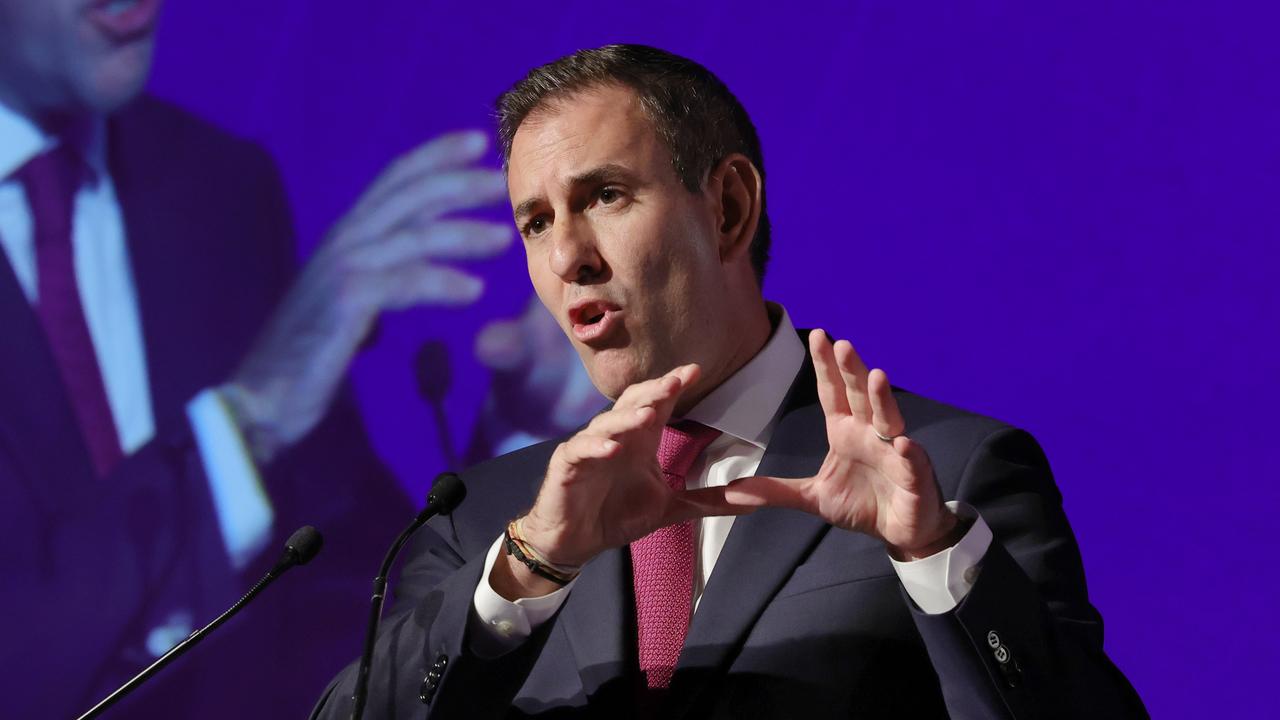Deloitte overhaul to remove ambiguities, duplication after PwC woes
The boss of Deloitte Australia says a massive global restructure will address duplications across the firm and set it up to better match client needs after a recent round of redundancies.

Deloitte Australia boss Adam Powick says streamlining five business divisions into four has been in the works for 12 months and will allow the accounting and advisory firm to simplify its operations and remove ambiguities and duplication.
The overhaul comes as staunch rival PwC grapples with the fallout of its tax scandal, which has led to mass redundancies and the sale of its government consulting arm to Allegro Funds for just $1.
Deloitte’s global restructure comes a decade after its last reorganisation, and will allow the firm to respond to market forces and structural shifts occurring in the industry amid a broader economic slowdown.
It comes after the firm made a number of unrelated redundancies in recent weeks as a result of shifting demand.
“Our new global storefront is the culmination of a substantive body of global work over the past 12 months,” Mr Powick said.
“This work has been guided by the principles of how we best organise our offerings to better align with priority client needs, simplify our offering model to make it easier to team and provide multidisciplinary solutions for our clients, and address storefront ambiguities and duplication which have arisen over time.”
Under the plan, Deloitte’s main business units will be cut to four — audit and assurance; strategy, risk and transactions; technology and transformation; and tax and legal — from the five the firm has had since 2014.
Changes won’t result in the loss of any business units, and will impact Australia and more than 150 other countries Deloitte does business in.
Deloitte’s consulting, financial advisory and risk advisory divisions will be brought into two newly created business units: strategy, risk and transactions; and technology and transformation.
Mr Powick said the four new business units will better support the key needs of clients and simplify how it operates and allow for Deloitte to transform services with digital, data and AI solutions.

“We are operating in an environment where agility matters, and we need to be responsive to market forces and the structural shifts occurring in our profession,” he said.
“The new global storefront is reflective of this environment, and together with our local transformation initiatives, we believe it provides a robust platform for meaningful and needed change.”
Deloitte sources indicated the restructure was not about reducing the size of the firm or cost reductions, but it does come after Deloitte made a number of roles redundant in recent weeks.
A spokesman told The Australian that the current market and economic conditions were challenging and has resulted in changes in how clients are buying some of its services.
“As a result, we have recently made a small number of redundancies concentrated in areas where we have seen significant structural shifts in client need and demand,” Deloitte said.
University of Sydney Business School Professor Christopher Wright told The Australian that a corporate restructuring often resulted in headcount reduction and generally made employees nervous about the future.
“It is not surprising that many employees see there’s a threat to job security when corporate restructuring takes place,” she said.
“Consulting and professional services more generally are at the mercy of the vagaries of client demand. When corporates shift their interest, advisory firms have to adapt to deliver either new areas of expertise, or increase their headcount or reduce their headcount in these different areas.”
The local mergers and acquisitions team has faced a quiet business environment, with the Australian firm reporting seven transactions in the 2023 financial year. Deloitte Australia recently acquired cybersecurity firm ParaFlare, bolstering the local firm’s technology operations.
Some staff will be transferred to its audit and assurance arm, expanding the business line and adding services across environmental, social and governance.
The restructure comes in the wake of a mooted shake-up at rival EY, which explored hiving off its consulting arm from the audit and assurance division. Dubbed Project Everest, that scheme was scuttled after partners were unable to agree on a split of the tax practice at the firm.
KPMG Australia undertook its own restructure last year, which organised itself around five core business lines, with risk advisory shifting to consulting rather than audit and assurance, and deal advisory moving to its infrastructure division.
Deloitte rejected splitting its audit and consulting arms and expected its new line-up will have a ‘positive impact’ on the performance of its business areas and have minimal impact on employees and clients as the restructure is worked through.
Deloitte employs around 450,000 people across the globe, including 13,758 staff in Australia.
Deloitte Australia reported $2.9bn in revenue in 2023, up 14 per cent year-on-year.







To join the conversation, please log in. Don't have an account? Register
Join the conversation, you are commenting as Logout